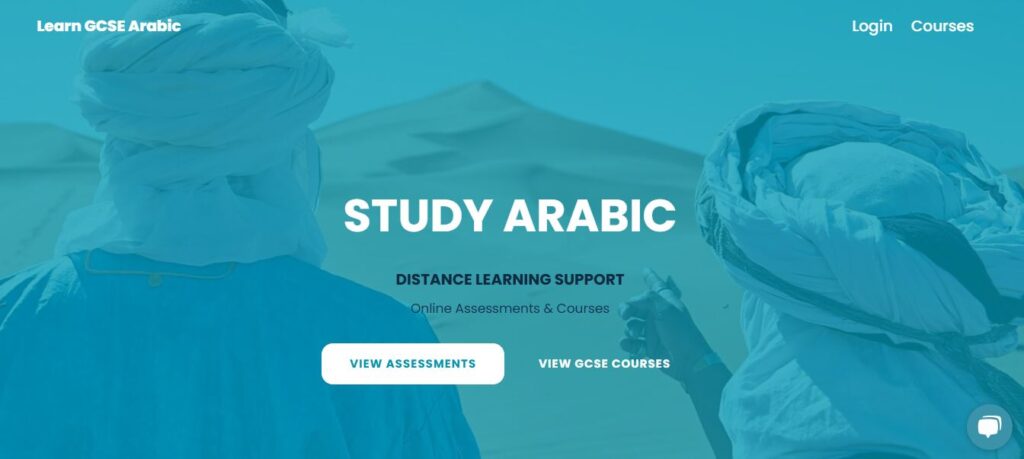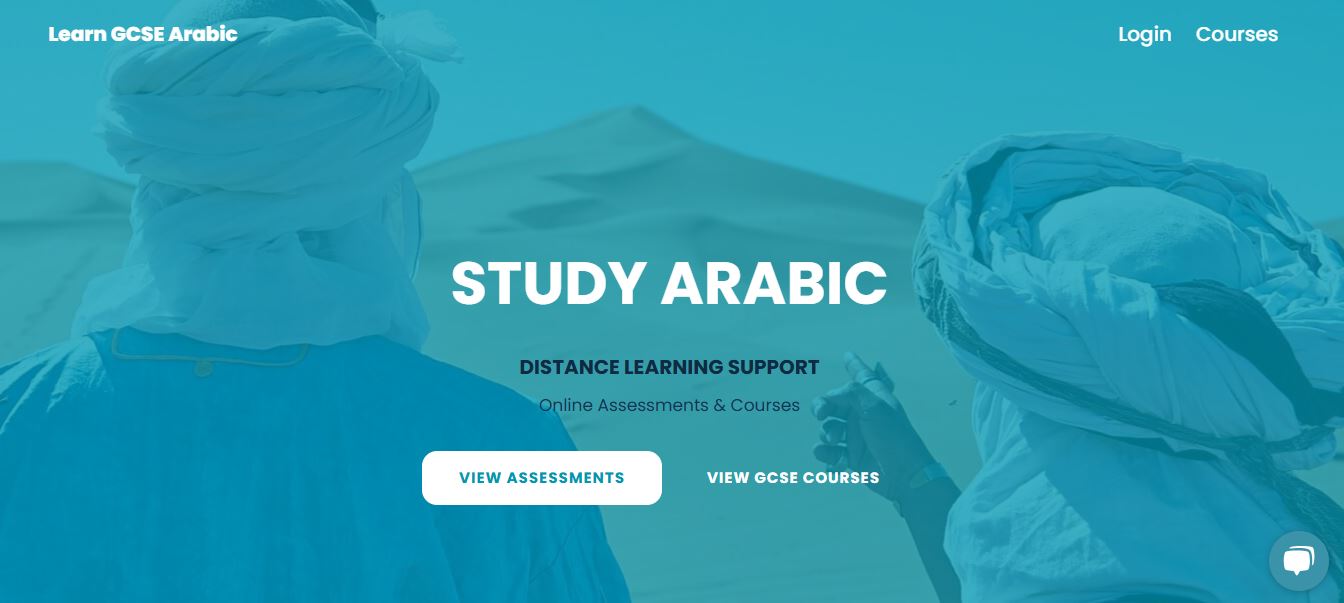
Website Development in The Gambia.

Website Development in The Gambia
Website development in The Gambia has grown significantly in recent years as more businesses, NGOs, and individuals move online. With increased internet access and digital literacy, having an online presence is becoming a necessity rather than a luxury. From simple blogs to complex e-commerce platforms, Gambian developers are now offering a wide range of web services to meet demand both locally and internationally.
HTML: The Foundation of the Web
HTML (HyperText Markup Language) is the backbone of any website. In The Gambia, many developers start by learning HTML to structure webpages. It defines the layout and content—headings, paragraphs, images, and links. Without HTML, there would be no framework for styling or interactivity.
CSS: Styling Websites for Better Appeal
CSS (Cascading Style Sheets) brings websites to life by controlling the design and layout. Gambian web designers use CSS to create visually appealing websites that reflect local culture and branding. Responsive design using CSS ensures that sites work well on both mobile and desktop devices—critical in a mobile-first country like The Gambia.
JavaScript: Making Websites Interactive
JavaScript adds interactivity and dynamic features to websites. From forms that validate input to animations and live content updates, JavaScript is a powerful tool. In The Gambia, JavaScript is increasingly being adopted to build more advanced and user-friendly web applications.
SSL: Securing Gambian Websites
SSL (Secure Sockets Layer) certificates are essential for protecting website visitors and building trust. In The Gambia, SSL is becoming a standard requirement for any professional website. It encrypts data and activates the padlock symbol in the browser, showing users that their connection is safe.
E-commerce: Online Shopping in The Gambia
E-commerce is growing rapidly in The Gambia, with more businesses selling products and services online. Local developers now offer complete e-commerce solutions including shopping carts, payment gateways (like QMoney or Ecobank), and delivery integrations. This shift is helping small businesses reach customers across the country and abroad. E-commerce websites face several challenges in The Gambia, making them problematic for both developers and users. Here are the key reasons:
E-commerce websites face several challenges in The Gambia
Making them problematic for both developers and users. Here are the key reasons:
1. Limited Digital Payment Options
- Most Gambians do not use international payment platforms like PayPal or credit cards.
- Mobile money platforms (e.g., QMoney, Afrimoney) are widely used, but integration with e-commerce websites is still limited or unreliable.
- There is no unified payment gateway for local e-commerce platforms, making transactions difficult.
2. Poor Internet Connectivity
- Internet speeds can be slow and unreliable, especially in rural areas.
- Slow connections lead to long load times, which frustrate users and cause cart abandonment or payment issues.
3. Lack of Consumer Trust
- Many people are hesitant to pay online due to fears of scams or not receiving what they ordered.
- There’s a preference for cash-on-delivery, which adds risk for sellers and complicates logistics.
4. Delivery and Logistics Issues
- The Gambia has no formal postal address system, making delivery difficult and inefficient.
- Courier services are expensive and limited in reach, especially outside of urban centres like Banjul and Serrekunda.
5. Low Digital Literacy
- Many users are not familiar with navigating online stores or completing online purchases.
- Sellers often have to rely on Facebook or WhatsApp for manual orders and customer support.
6. Website Maintenance and Security
- Many local e-commerce websites are poorly maintained, outdated, or insecure.
- Lack of SSL certificates, mobile responsiveness, and basic SEO practices hurt credibility and visibility.
7. High Development Costs
- Developing a secure and fully functional e-commerce site can be expensive.
- Many small businesses cannot afford the setup or ongoing management costs.
SEO: Helping Gambian Sites Rank Higher
Search Engine Optimization (SEO) is essential for visibility. Gambian developers use SEO techniques like keyword optimization, fast-loading pages, and mobile compatibility to help clients rank higher on Google. Better rankings mean more traffic and, ultimately, more sales or conversions.
Most Expensive Website Developers in The Gambia
While there are many affordable developers, top-tier website development agencies in The Gambia can charge premium rates—often ranging from D10,000 to over D40,000 per site. These firms typically offer branding, digital marketing, and custom-coded solutions for high-end clients and international businesses.
Most Gambians primarily use mobile phones to browse the web.
Key Details:
- Smartphones (especially Android devices) are the most common due to their affordability and availability.
- Feature phones with basic internet capabilities (like WhatsApp and Facebook access) are still used in rural areas.
- Desktop and laptop usage is much lower and typically limited to offices, cyber cafés, schools, and a small percentage of urban users.
- Mobile networks (such as Africell, QCell, and Gamtel) are the main means of internet access, as home broadband is less widespread.
Why Mobile Dominates:
- Affordable Android smartphones are widely available in local markets.
- Social media bundles from providers make platforms like Facebook and WhatsApp accessible at low costs.
- Many websites and services in The Gambia are now optimized for mobile use.
If you’re building or optimizing a website for Gambian users, mobile-first design is essential.
Get in touch
You have nothing lose when talking with us. You shall either get your questions answered, and/or be better informed about what your business needs.
Ready to get that piece of website work done?
Visit our contact page for more information, or go direct to our social media.
Areas covered:
| Kombo North | Bakau, Fajara, Kotu, Bijilo, Brusubi, Brufut, Tanji, Manjai Kunda |
| Kombo South | Sanyang, Gunjur, Kartong, Batokunku, Jambanjelly |
| Kombo Central | Brikama, Busumbala, Farato, Lamin, Yundum, Mandinary, Banjulinding |
| Kombo East | Sibanor, Kafuta, Bulock, Bwiam, Kanilai |
Areas covered: Abuko Bakau Banjul Banjulunding Bansang Basse Santa Su Bijilo Brikama Brufut Brusubi Bundung Busumbala Dippa Kunda Farafenni Farato (West Coast) Gimara Bakadaji Gunjur Janjanbureh (Georgetown) Jufureh Kalagi Kanilai Kerewan Kololi Kotu Kuntaur Lamin (North Bank Division) Lamin (Western Division) Latri Kunda German Latri Kunda Sabiji Manjai Kunda Mansa Konko Nema Kunku Serekunda Soma Sukuta Tabokoto Tallinding Tanji Yundum.
If your location is not shown above do not hesitate to contact us, our coverage area is fairly expansive.

